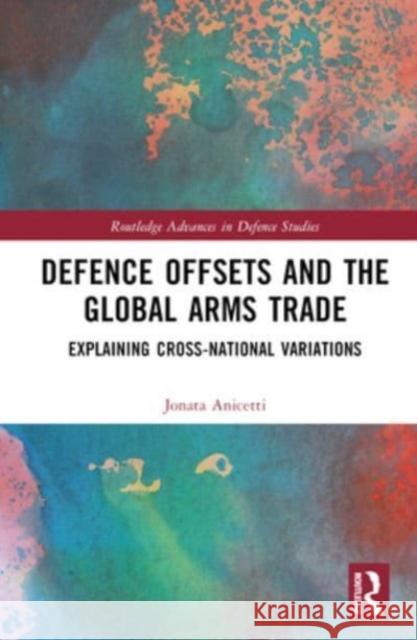Defence Offsets and the Global Arms Trade » książka
topmenu
Defence Offsets and the Global Arms Trade
ISBN-13: 9781032501178 / Twarda / 2024 / 232 str.
Defence Offsets and the Global Arms Trade
ISBN-13: 9781032501178 / Twarda / 2024 / 232 str.
cena 757,61
(netto: 721,53 VAT: 5%)
Najniższa cena z 30 dni: 654,86
(netto: 721,53 VAT: 5%)
Najniższa cena z 30 dni: 654,86
Termin realizacji zamówienia:
ok. 16-18 dni roboczych.
ok. 16-18 dni roboczych.
Darmowa dostawa!
This book offers the first comprehensive study of defence offsets and its economic, security, political and theoretical implications.











